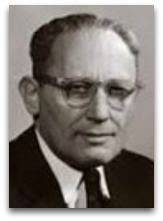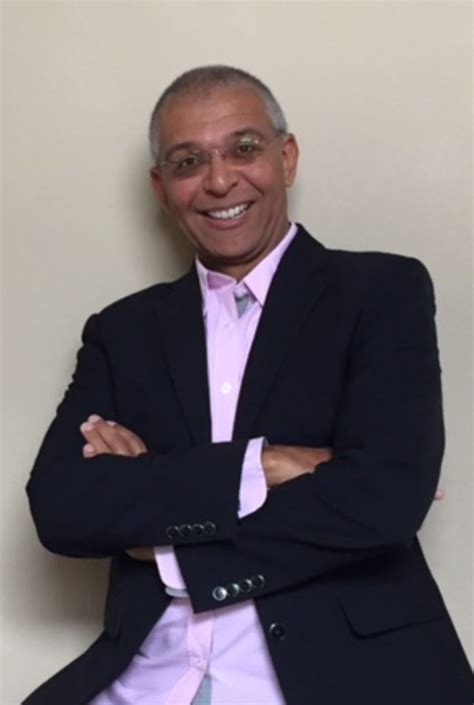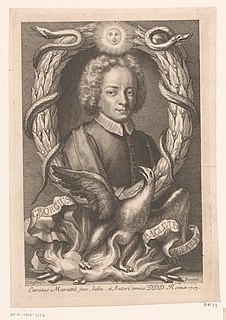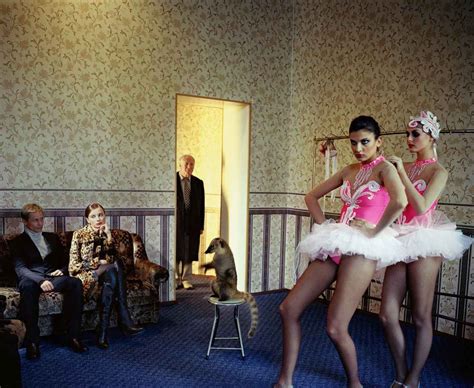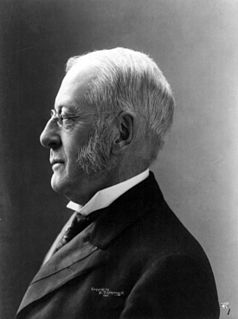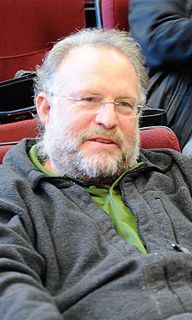A Quote by Daniel Katz
It is a commonplace executive observation that businesses exist to make money, and the observation is usually allowed to go unchallenged. It is, however, a very limited statement about the purposes of business
Related Quotes
Science works because the phenomenon being described can be relied on to remain the same. Even in quantum physics, where phenomena are changed by observation, the way in which observation interferes is regular and falls within a limited range of possibilities. Human culture, however, has the nasty habit of never staying the same for very long.
Self-observation brings man to the realization of the necessity of self-change. And in observing himself a man notices that self-observation itself brings about certain changes in his inner processes. He begins to understand that self-observation is an instrument of self-change, a means of awakening.
The Profit and Loss Statement tells you a lot about how your business is doing. It can also help you to determine ways that you can go about saving money so that you get to bring more money home! Basically, the P&L statement measures all of your income sources verses all your business expenses for any given period of time.
When there are conflicts of observation, when experiments cannot be replicated, scientists may then retreat to a study of the various specific observations so as to explain the conflict, in the course of which they would make use of the concept of observation, or of some specification of that concept.
Literature especially has an interesting relationship to photography - to observation, to description, to fiction: taking something that you see and elaborating, jamming, and I think, staging.... taking that moment of observation and letting it go, giving it some wings, following it, rather than nailing it. You're riffing off of reality.
